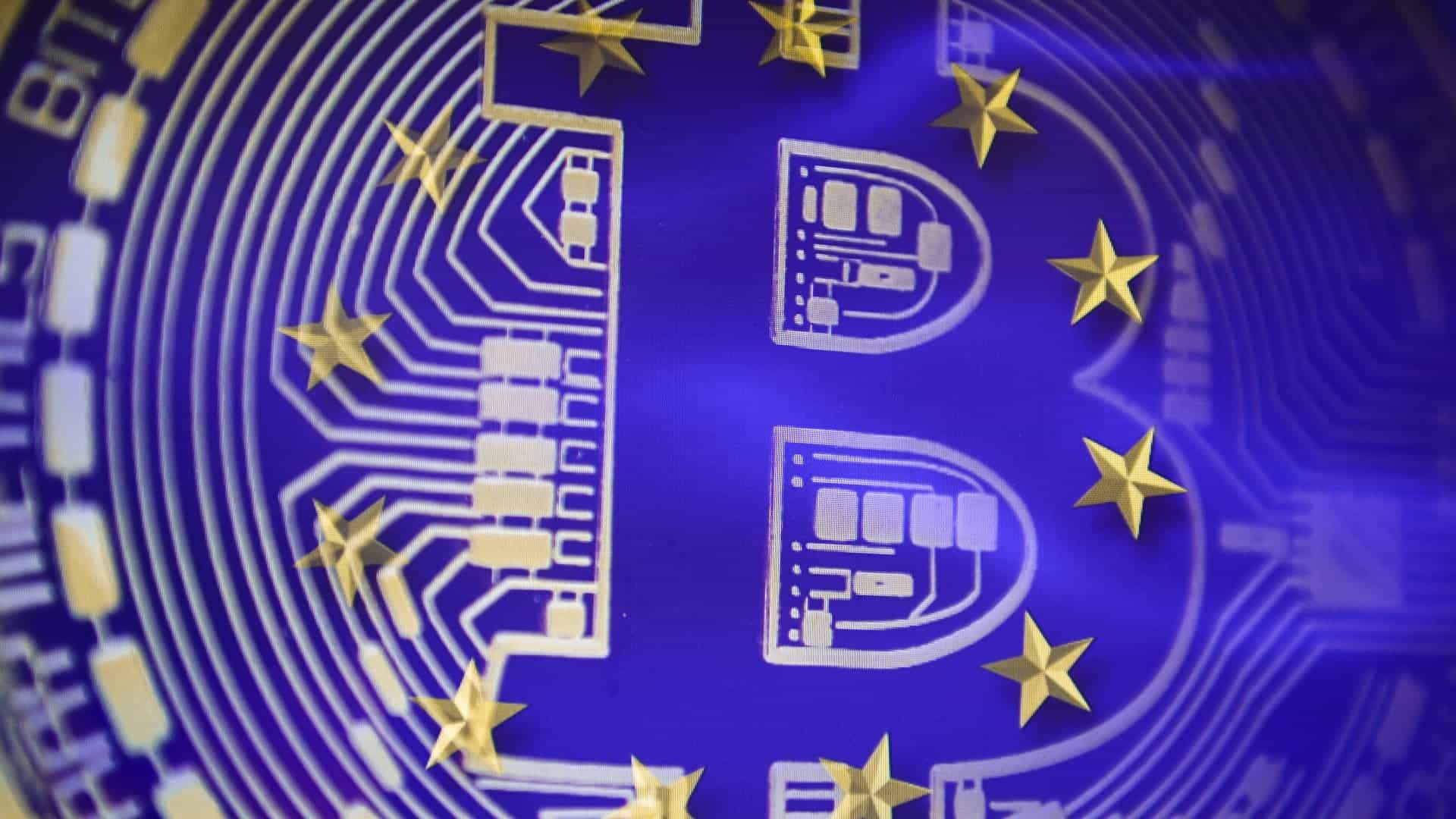
The realm of cryptocurrency regulation in Europe has been a topic of considerable discussion and debate. In a significant development, the Markets in Crypto-Assets Regulation (MICA) has been promulgated, aiming to establish comprehensive guidelines for the digital asset industry. This landmark legislation seeks to strike a delicate balance between fostering innovation and ensuring consumer protection and market integrity. In this article, we will delve into the key provisions of MICA, explore its implications for the cryptocurrency industry, and examine its potential impact on the European landscape.
Regulatory framework and consumer protection
MICA presents a comprehensive regulatory framework that covers various aspects of the crypto industry, including token issuance, trading platforms, and service providers. The legislation introduces a harmonized set of rules across the European Union (EU), providing clarity and legal certainty for market participants. One of the primary goals of MICA is to protect consumers by ensuring that cryptocurrency issuers and service providers meet stringent regulatory requirements, such as transparency obligations, custody arrangements, and complaint handling procedures. These measures aim to enhance consumer trust and mitigate the risks associated with fraud and market manipulation.
Market integrity and investor protection
MICA also places a strong emphasis on market integrity and investor protection. The regulation introduces robust requirements for crypto trading platforms, imposing stringent rules on market surveillance, reporting obligations, and conflict of interest management. By establishing a level playing field for all market participants, MICA aims to foster fair competition and prevent market abuse. Additionally, the legislation introduces stringent disclosure obligations, enabling investors to make informed decisions and reducing the risk of misleading or fraudulent activities.
Licensing and supervision
Under MICA, cryptocurrency issuers, service providers, and trading platforms are required to obtain licenses from competent authorities within the EU. These licenses ensure compliance with regulatory standards and provide a framework for ongoing supervision and monitoring. By implementing a licensing regime, MICA aims to create a safer and more transparent environment for participants in the crypto ecosystem. The licensing process will involve stringent due diligence checks, capital requirements, and ongoing compliance obligations to ensure that only reputable and well-regulated entities operate within the EU.
Implications for innovation and market growth
While regulation is often viewed as a potential impediment to innovation, MICA strives to strike a delicate balance by providing a clear and predictable regulatory framework. By establishing a level of certainty and trust in the market, MICA has the potential to attract institutional investors and traditional financial institutions to enter the crypto space. This influx of capital and expertise can fuel innovation, drive market growth, and contribute to the maturation of the industry.
European leadership in crypto regulation
The promulgation of MICA positions Europe as a global leader in crypto regulation. By introducing comprehensive legislation that covers a wide range of crypto-related activities, Europe sets a precedent for other jurisdictions worldwide. This leadership role not only enhances investor confidence but also encourages cooperation and coordination among regulators globally. It paves the way for the development of international standards and best practices in the crypto space, fostering a more secure and interconnected global digital asset ecosystem.
Future developments
The introduction of the Markets in Crypto-Assets Regulation (MICA) represents a significant milestone in Europe’s journey towards comprehensive cryptocurrency regulation. By striking a balance between innovation and consumer protection, MICA aims to create a safe, transparent, and thriving digital asset market. The regulation provides clarity, enhances market integrity, and positions Europe as a global leader in crypto regulation. As the industry continues to evolve, MICA’s implementation will play a pivotal role in shaping the future of cryptocurrencies in Europe and beyond.